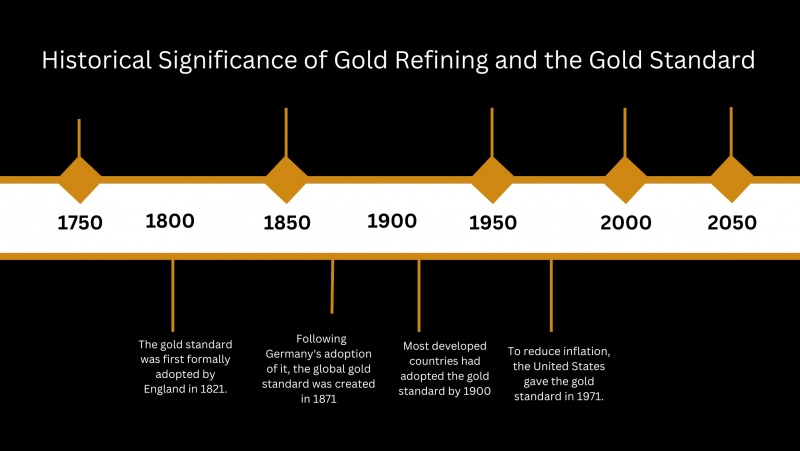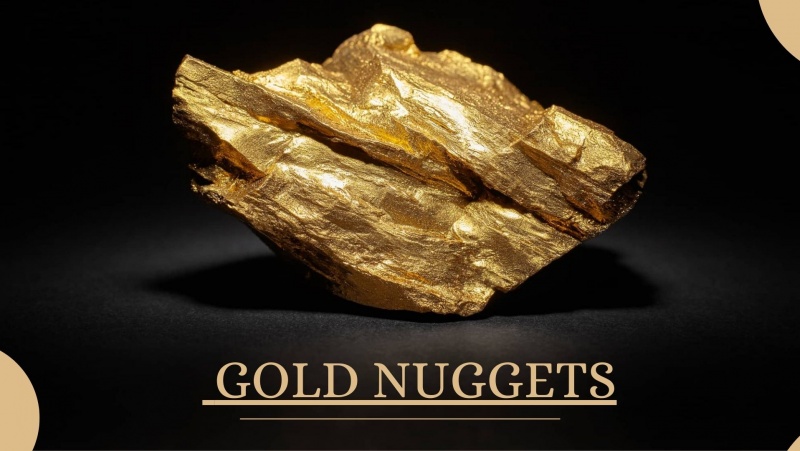Refining precious metals such as gold can have a positive environmental impact. The refining process involves the extraction of precious metals such as gold, silver, platinum, and palladium from electronic waste, jewellery, and other scrap materials. By doing so, it helps in recycling these metals, which reduces the need for mining new ores and decreases the environmental impact of mining activities.
By understanding the environmental benefits of refining gold and other precious metals, we can make more informed decisions when it comes to purchasing scrap metal or recycling it. This will help us to support sustainable production practices while also allowing us to take advantage of higher precious metal scrap prices.
The Positive Impacts of Precious Metal Refining on Reducing Environmental Pollution
- Precious metals refining also involves the elimination of hazardous materials, such as lead, mercury, and cadmium, which can cause harm to the environment and human health. Through refining, these materials are removed and safely disposed of, reducing the risk of pollution and contamination.
- Refining precious metals requires less energy compared to mining new ore. As a result, the carbon footprint associated with refining is significantly lower than that of mining. This can help reduce the emission of greenhouse gasses and contribute to the fight against climate change.
How Recycling and Reusing Precious Metals Can Reduce Waste and Protect Natural Resources
Precious metals refining can also help recover other valuable materials such as copper and aluminium, which are used in the production of electronics and other products. By recovering these materials, the need for mining new ore and the associated environmental impact can be reduced.
Exploring New Jobs
Refining precious metals also create job opportunities, which can help stimulate the economy and improve the standard of living in local communities. It provides economic benefits.







